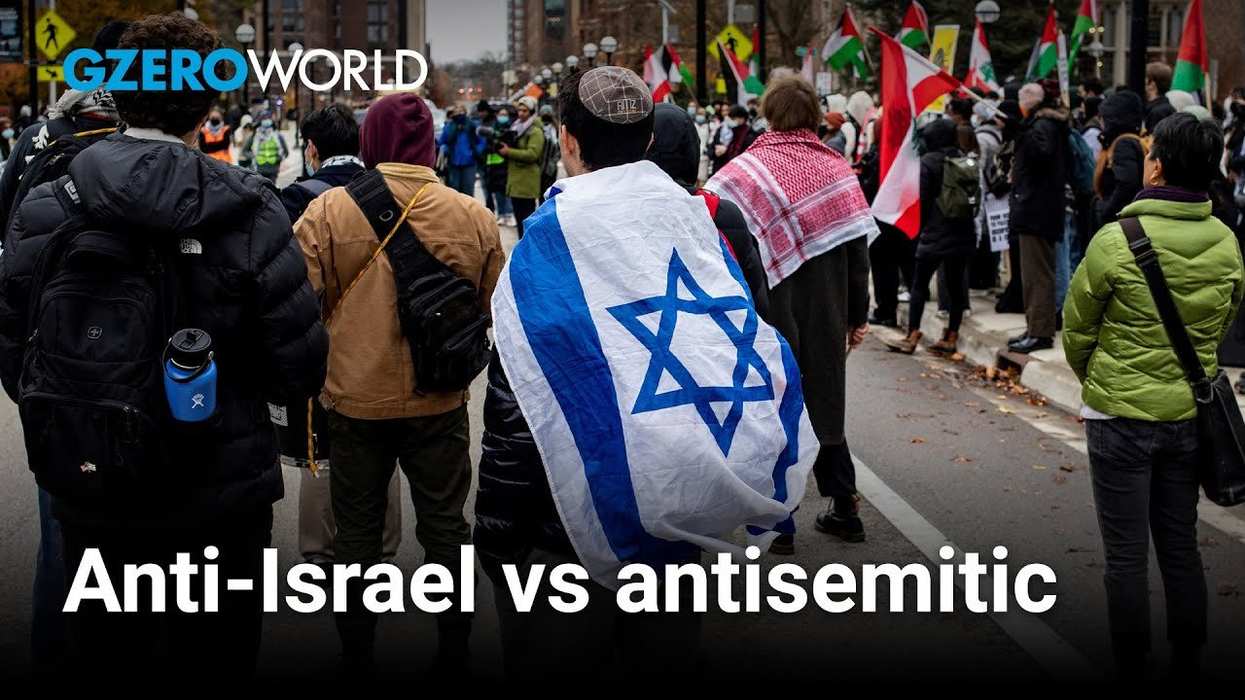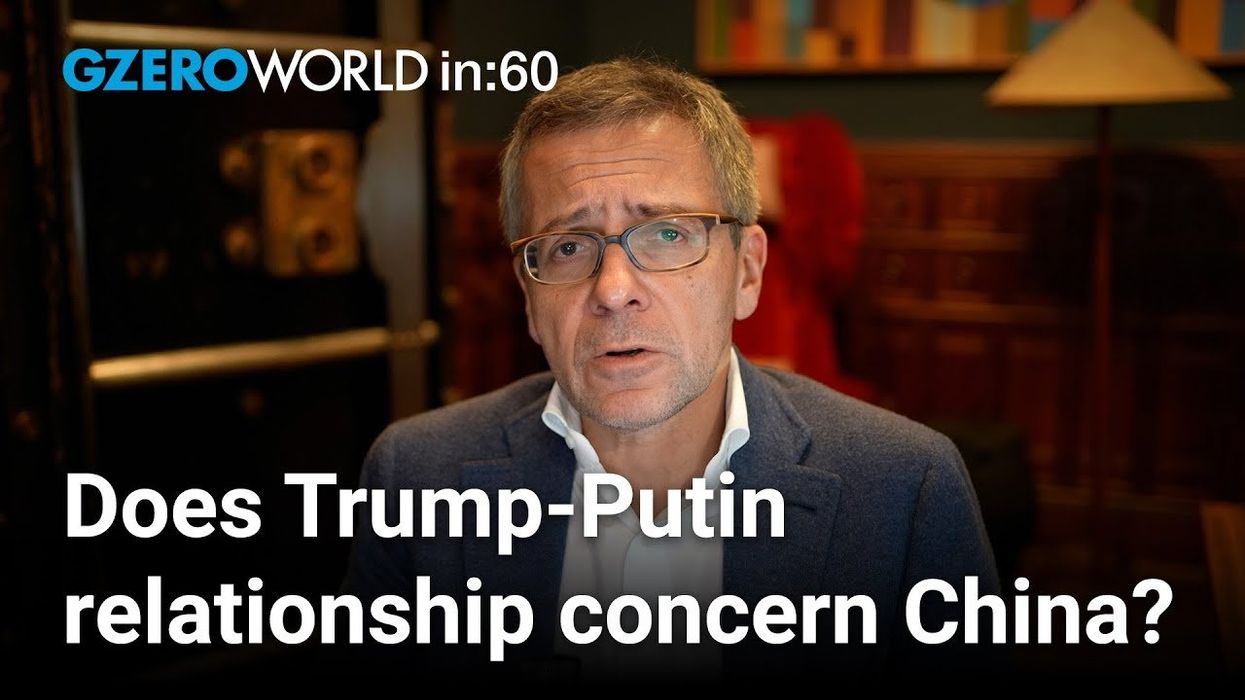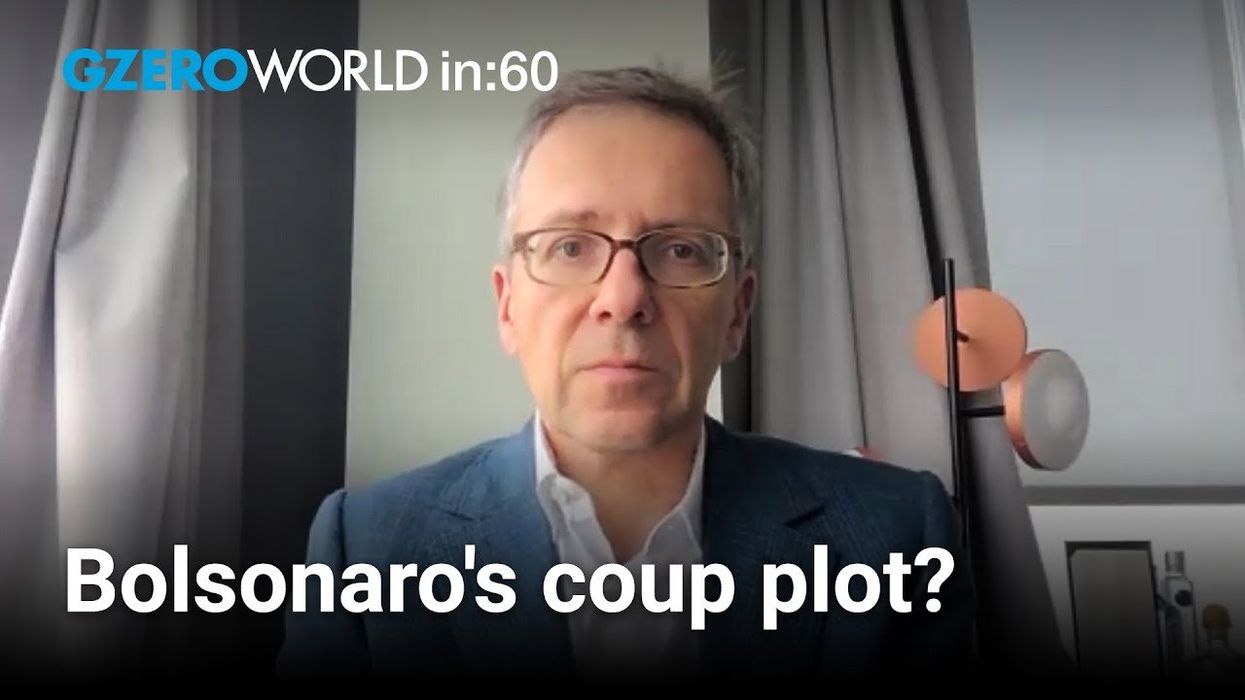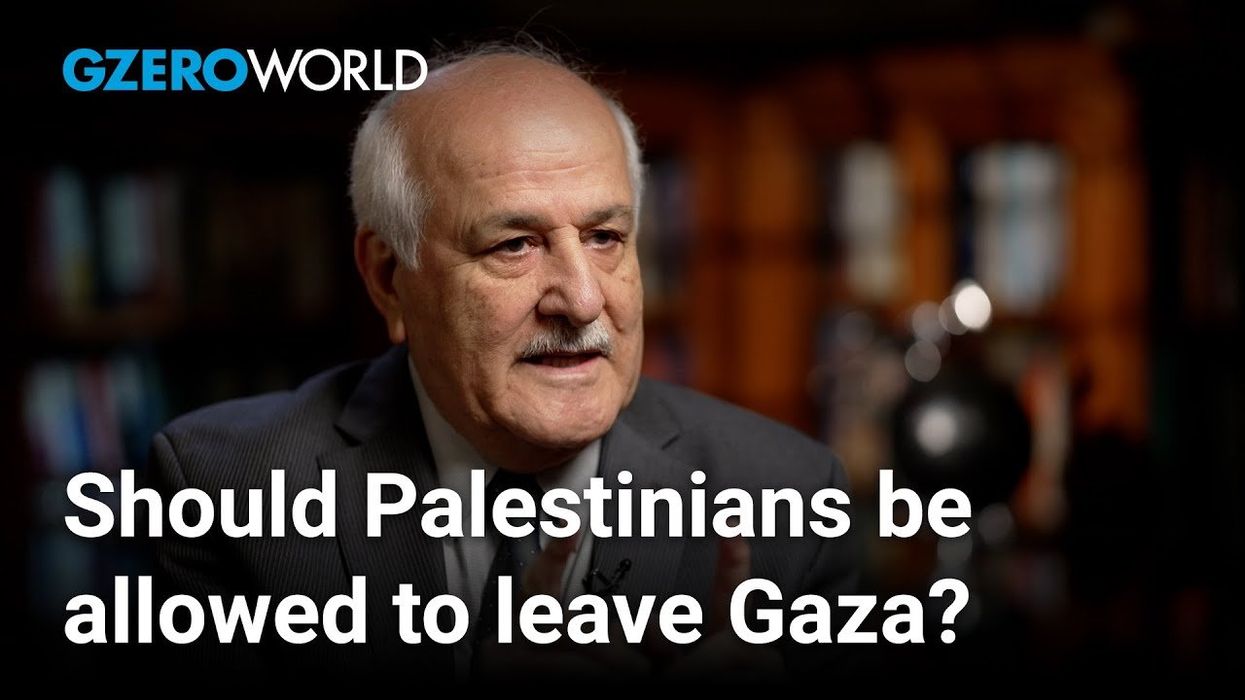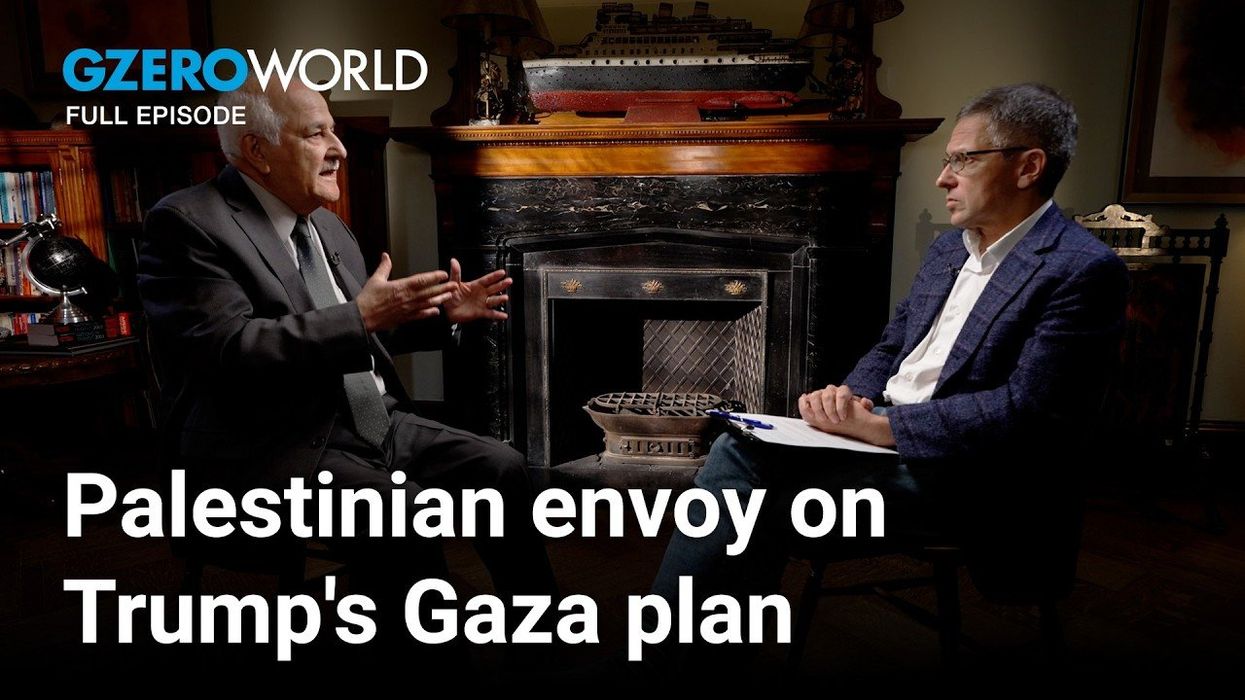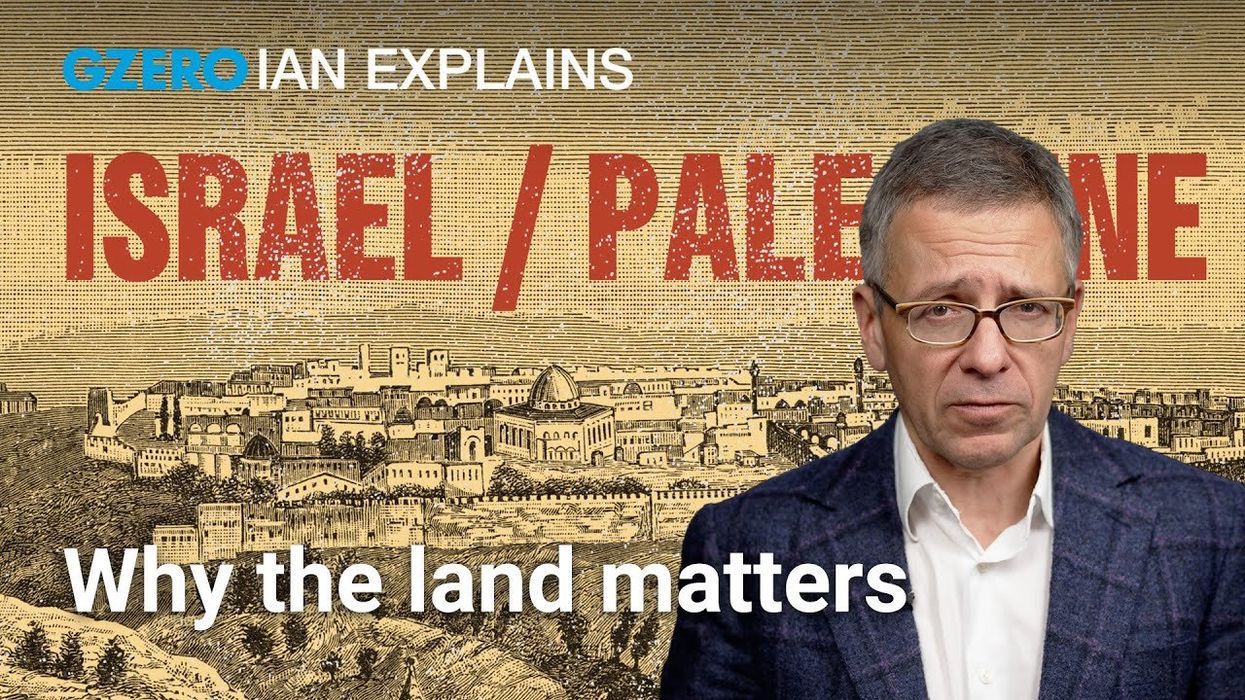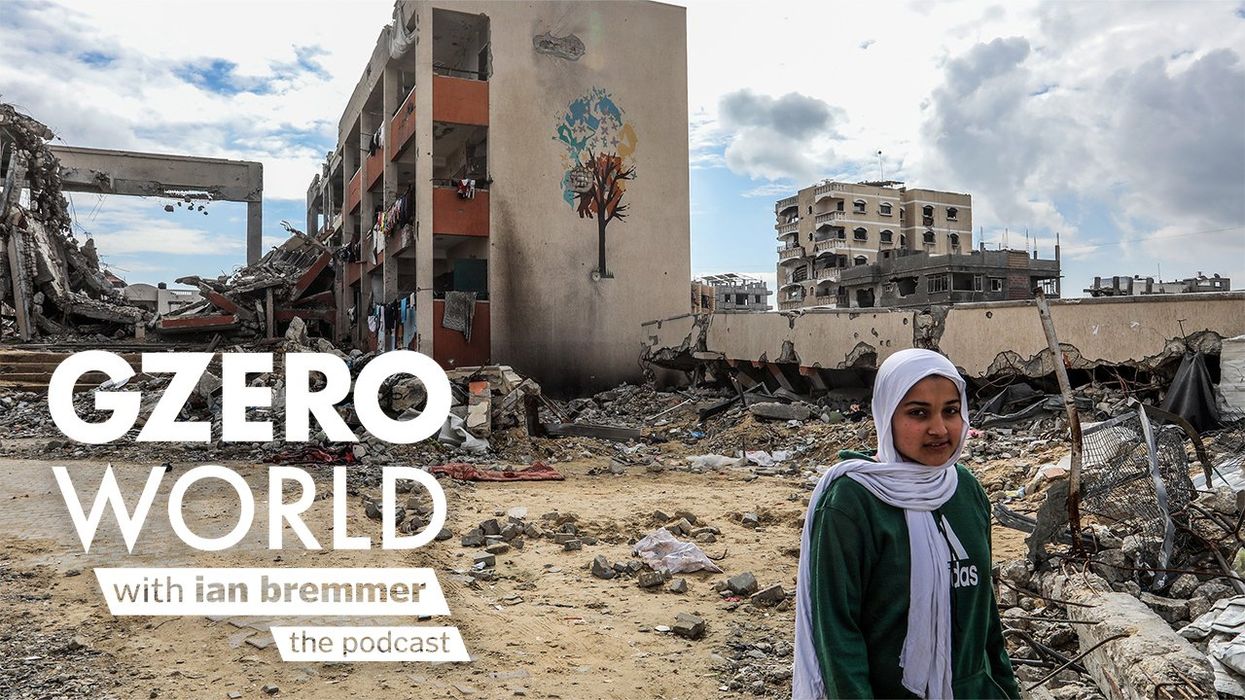Quick Take
Trump brokers peace: Hostages freed and guns fall silent in Gaza
In this week's Quick Take, Ian Bremmer talks about the landmark moment in the Middle East: All 20 remaining Israeli hostages held by Hamas have been released, and a ceasefire agreement between Israel and Hamas has been signed—brokered by President Trump.
Oct 13, 2025



